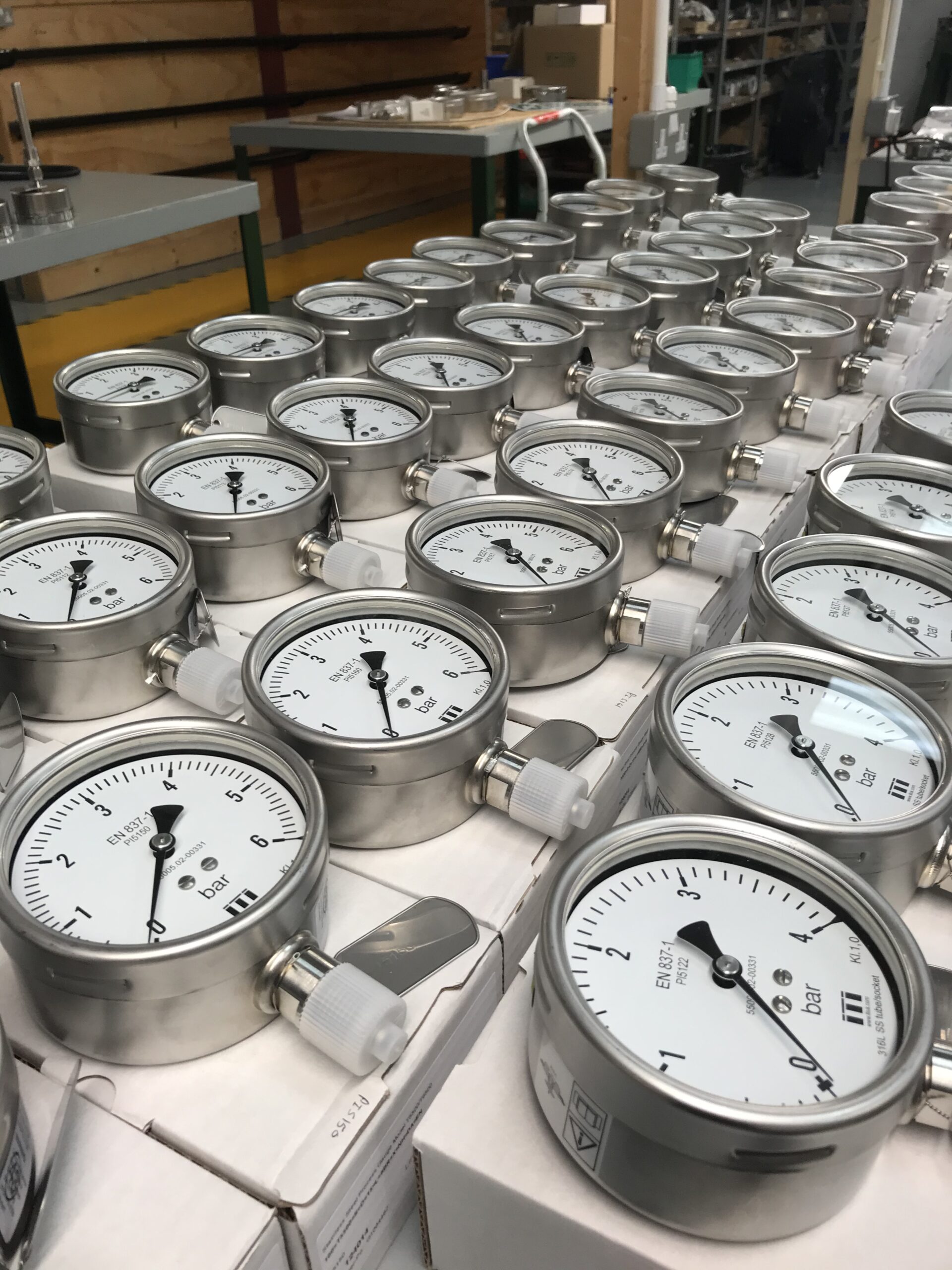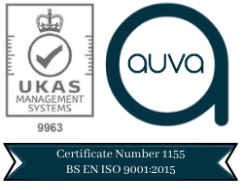Why is Calibration of Instruments Important?
Calibration of instruments used in varying industries is crucial because it ensures accurate measurements, which are fundamental to the quality, safety and innovation of most products and services we rely on every day. Of course, time goes by and there is a tendency for results and accuracy of measurements to drift when using instruments and technology. To be confident in results that are measured, the calibration needs to be maintained throughout the instruments lifetime to ensure reliability.
The main goal of calibrating instruments is to minimise measurement errors and uncertainty while making sure there is complete accuracy with the equipment. The calibration of equipment allows errors to be controlled and ensure uncertainties are kept to a minimum; without regular calibration, equipment can potentially provide inaccurate measurements and cause an issue with safety.
At ITI UK, our team have years of experience dealing with instrument calibration and can help you understand everything about calibration, from what calibration is to why is calibration important?
Calibration and adjustment
An instrument can be calibrated at the factory where it was manufactured or within the field and certificates can be obtained once the calibration is complete. A measurement error tends to become more frequent if an instrument is in operation for a long period of time. Deviations in measurements could be so great that they are no longer within the specifications, which means that quality is no longer assured. Completing a calibration will mean that the measurement error can be determined and documented. If the measurements aren’t correct and outside of a certain range, the device needs to be adjusted.
When should an instrument be calibrated?
Establishing when an instrument should be calibrated is very important to ensure you keep the safety and quality assurance of the instrument. At ITI UK, our team have listed factors when an instrument should be calibrated:
- According to the recommendation of the manufacturer.
- After any mechanical or electrical shock.
- Periodically over time, be that annually, quarterly, or even monthly.
There can be a lot of hidden costs and risks associated with an un-calibrated instrument which could also affect the cost of calibration. Therefore, instruments should be calibrated regularly by a reputable company to ensure that errors associated with the measurements are in the acceptable range. Plus, if there are multiple measuring tools, they need consistency to provide the best final product, so you should be coordinating the calibration of those instruments.
How Often is Calibration Needed?
If your instruments need calibration, you should consider it an investment because the potential cost of an incorrect measurement is worse than the cost of not completing a calibration. For a lot of industries, the calibration of instruments is done annually allowing for upgrades to instruments if necessary for more robust measurements. The use of printed calibration certificates can be used to show the customer or client assured quality standards.
Calibration is vital where measurement instruments are critical; measuring instruments should be calibrated regularly to ensure that errors don’t arise. This also ensures that businesses can have great confidence and reliability in the results they control.
If you have a question that isn’t answered here, why not ask us? You can give us a call on +44161 652 7741 or email us: sales@itiuk.com.
